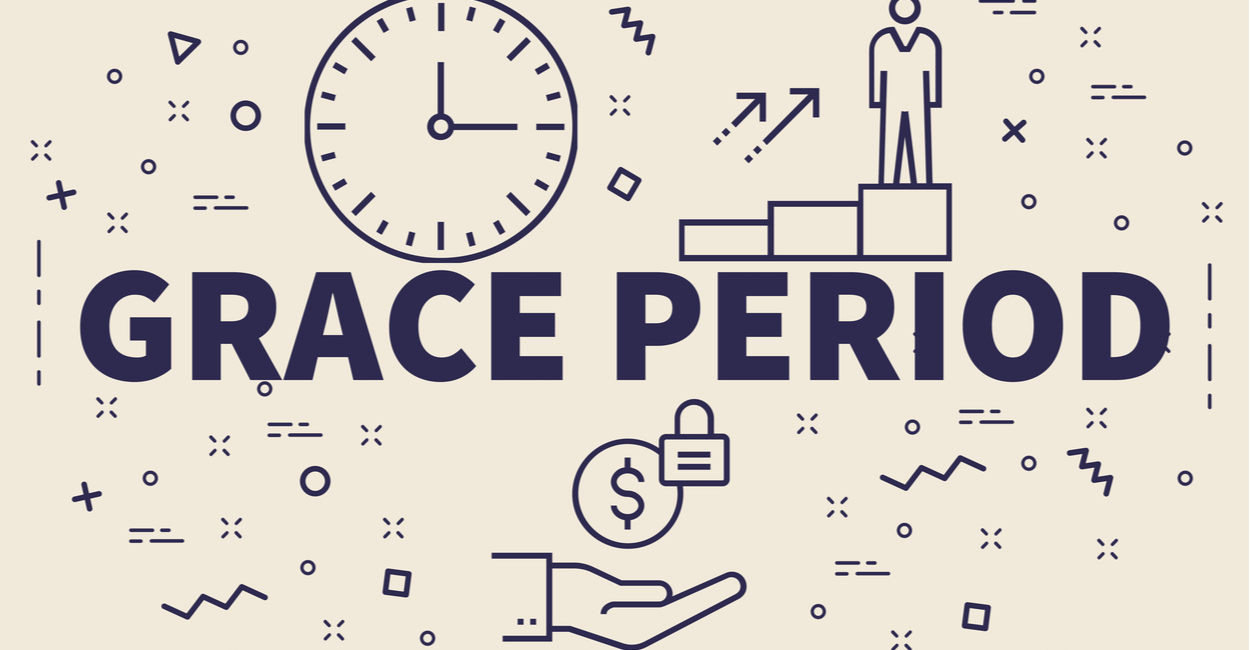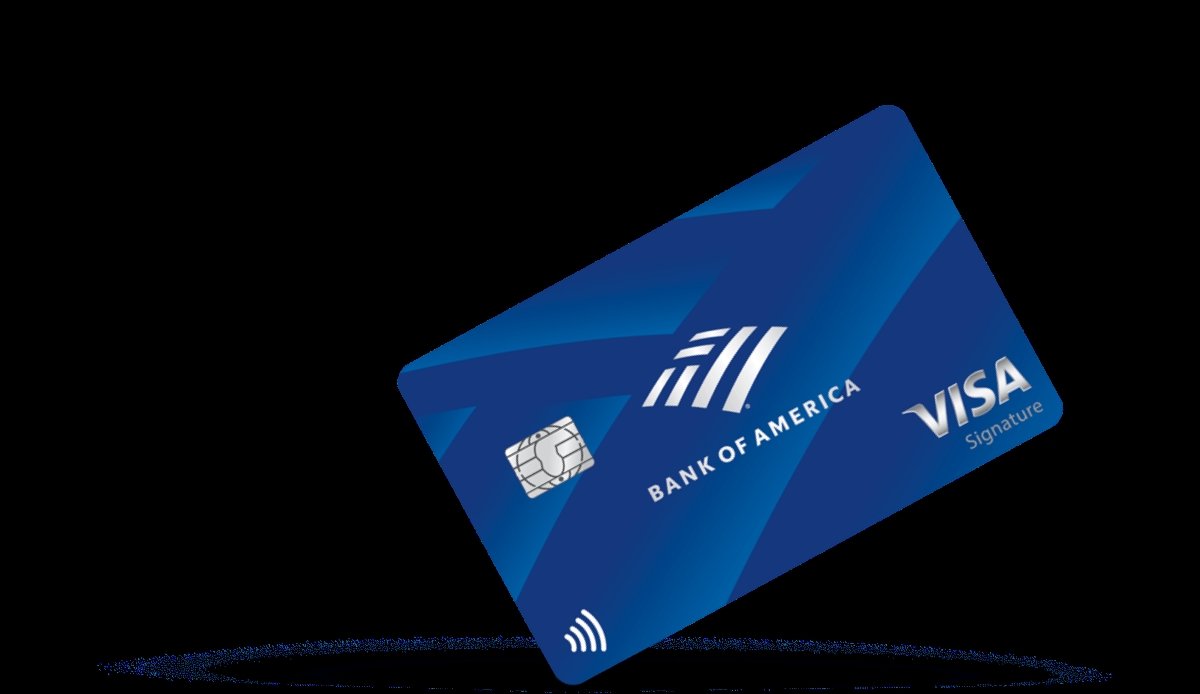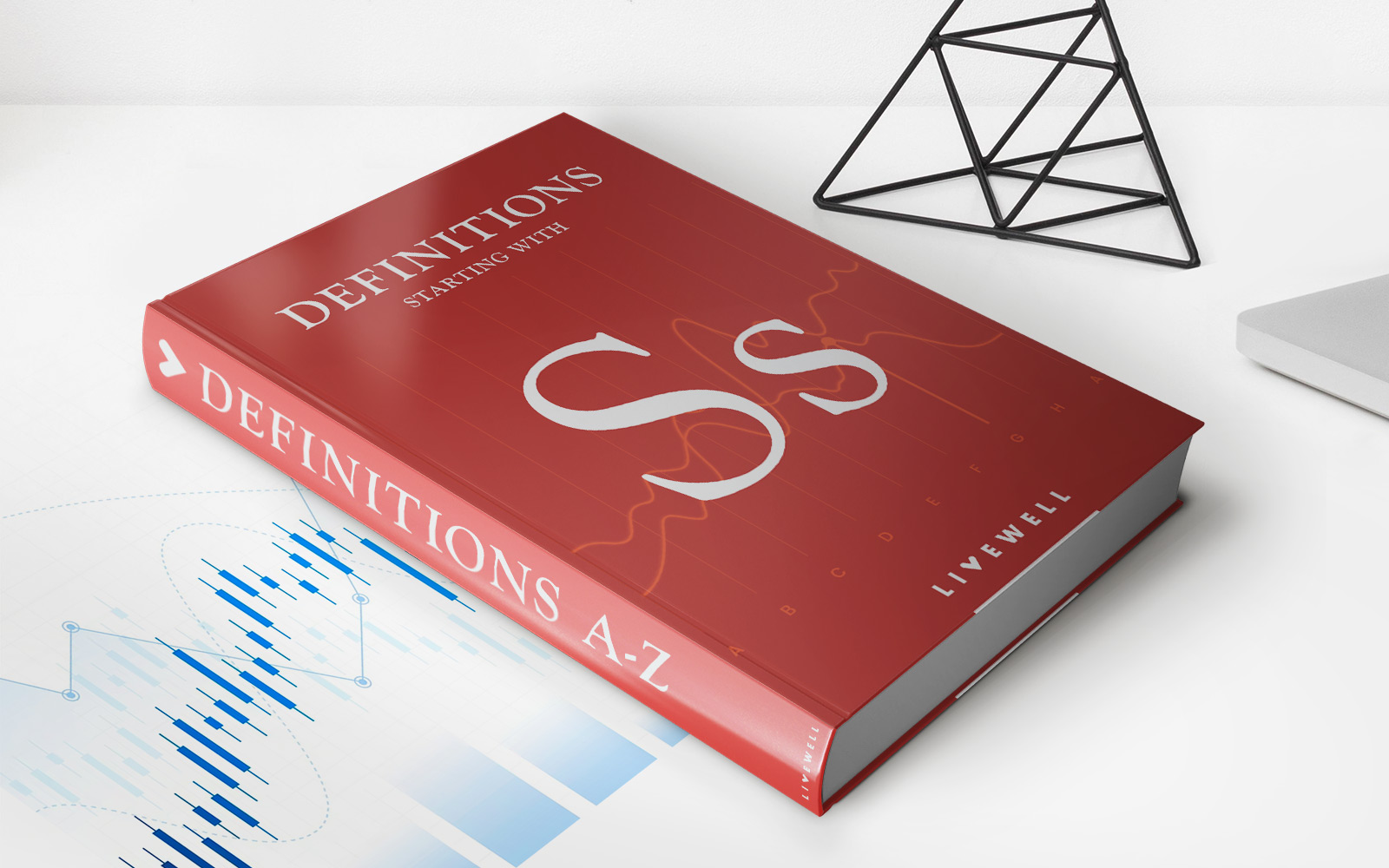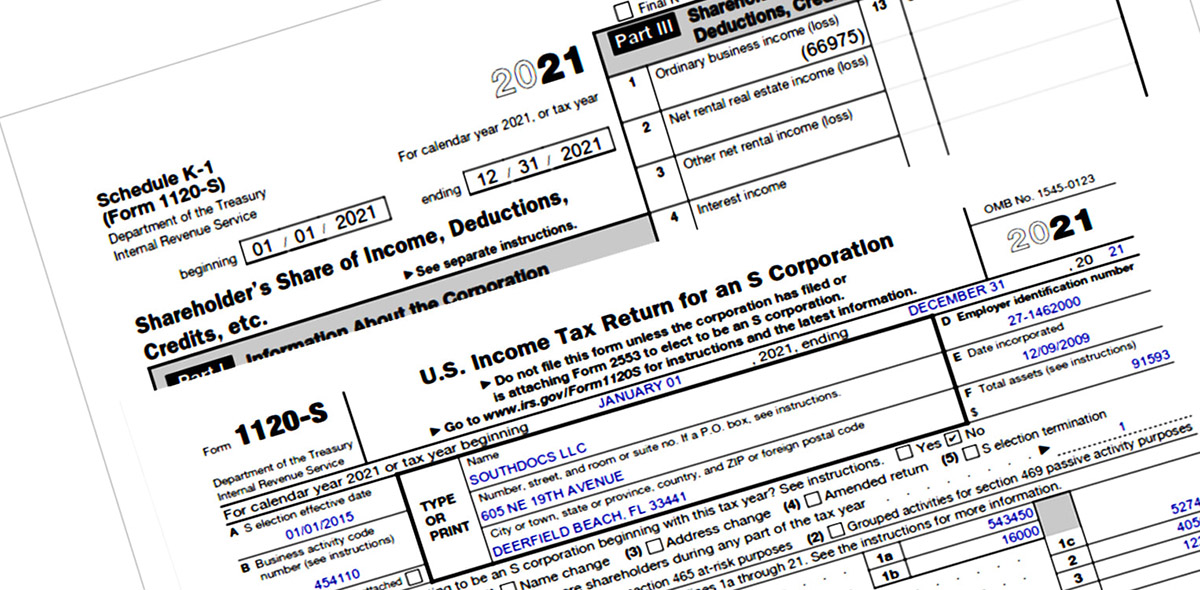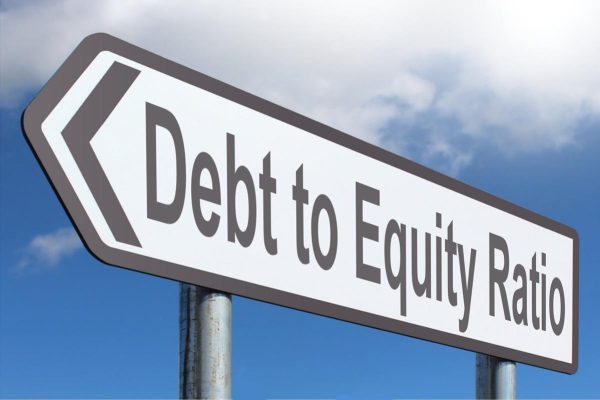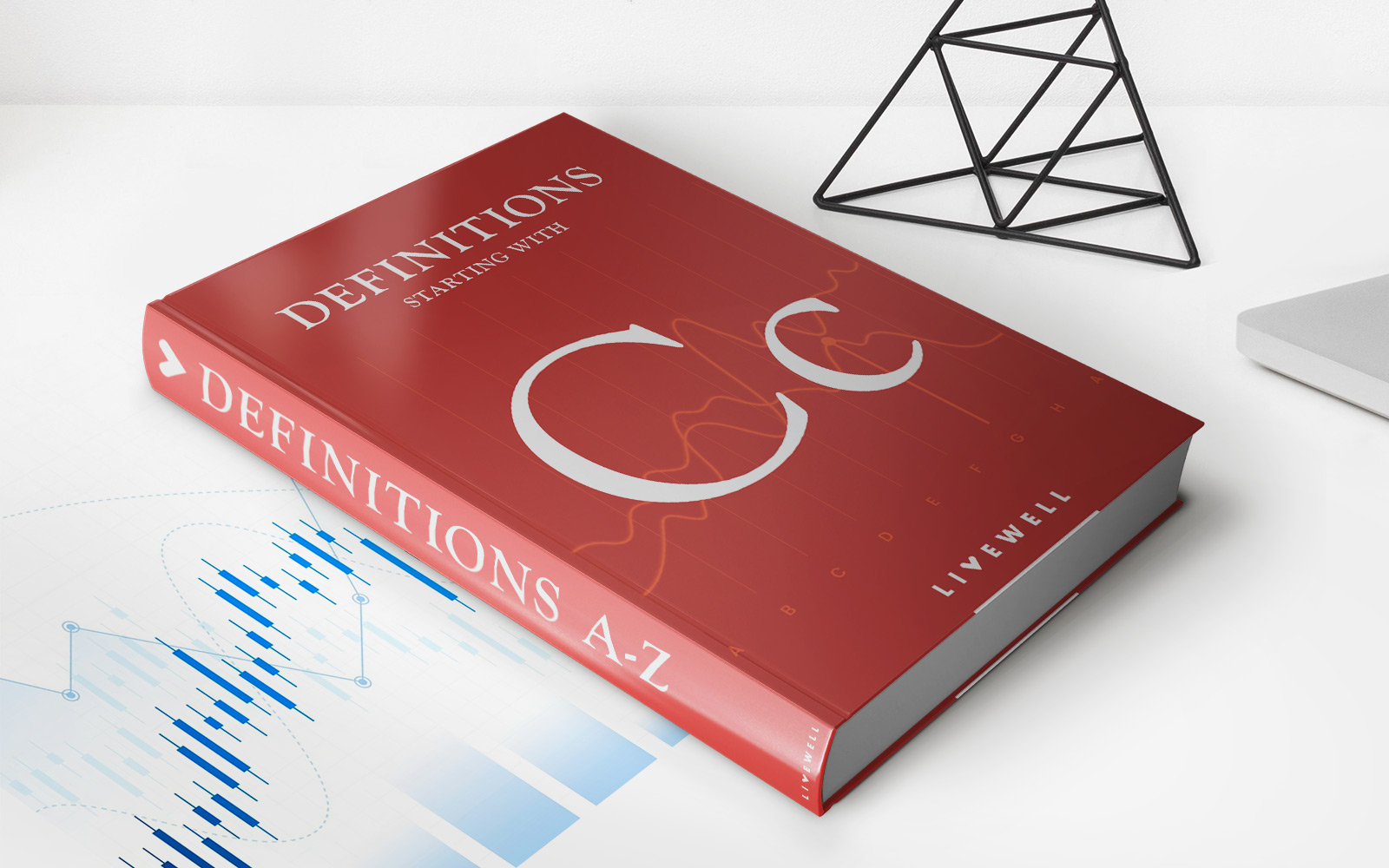

Finance
What Is A Grace Period In Credit Cards?
Published: February 19, 2024
Learn what a grace period is in credit cards and how it can impact your finances. Understand the benefits and potential drawbacks of this feature. Get expert insights on managing credit card payments effectively.
(Many of the links in this article redirect to a specific reviewed product. Your purchase of these products through affiliate links helps to generate commission for LiveWell, at no extra cost. Learn more)
Table of Contents
**
Introduction
**
Understanding the intricacies of credit card usage is crucial for responsible financial management. One of the key concepts that cardholders should grasp is the grace period. This article aims to elucidate the concept of a grace period in credit cards, shedding light on its significance, benefits, and practical implications.
The grace period is a fundamental aspect of credit card usage that often remains overlooked or misunderstood by many consumers. It represents a window of time during which cardholders can make purchases without incurring interest charges. However, this period is not indefinite, and its duration can vary based on the specific terms and conditions of the credit card agreement.
As we delve into the mechanics of grace periods and their implications for cardholders, it becomes evident that a deeper understanding of this concept is essential for making informed financial decisions. By demystifying the intricacies of grace periods, individuals can leverage this feature to their advantage, effectively managing their credit card expenses while optimizing their financial well-being.
Definition of a Grace Period
A grace period in the context of credit cards refers to the span of time, typically between 21 and 25 days, during which cardholders can make purchases without incurring interest on their outstanding balances.
This period commences at the end of a billing cycle and extends until the payment due date for that cycle. It essentially serves as a brief window of interest-free borrowing, providing cardholders with the opportunity to settle their balances in full without incurring additional costs.
During the grace period, if the entire outstanding balance from the previous billing cycle is paid off by the due date, no interest is charged on new purchases made within that period. However, if the full balance is not paid by the due date, interest will be applied to the remaining amount.
It is important to note that not all credit card transactions qualify for the grace period. Cash advances and balance transfers, for example, typically do not enjoy this interest-free window and start accruing interest immediately. Understanding the specific terms and conditions outlined in the credit card agreement is essential for determining which transactions are eligible for the grace period.
In essence, the grace period represents a valuable opportunity for cardholders to manage their finances prudently, allowing them to avoid interest charges on purchases if the outstanding balance is paid in full within the designated timeframe.
How Grace Periods Work
**The functionality of a grace period hinges on the timing of credit card transactions, billing cycles, and payment due dates. When a cardholder makes a purchase, the transaction is logged and added to the balance for the current billing cycle. At the end of the cycle, the statement is generated, detailing the total amount owed. The grace period then begins, offering a window of interest-free time until the payment due date.
If the entire outstanding balance from the previous billing cycle is paid in full by the due date, no interest is charged on new purchases made within the grace period. However, if any portion of the balance remains unpaid, interest will be applied to the remaining amount, and new purchases may start accruing interest immediately.
It is important for cardholders to be mindful of the specific duration of the grace period, as this can vary based on the credit card issuer and the terms of the card agreement. While some cards may offer a 25-day grace period, others might provide a slightly shorter timeframe. Understanding the nuances of the grace period associated with a particular credit card is crucial for making informed financial decisions.
Furthermore, the mechanics of grace periods can be influenced by the cardholder’s payment habits and the timing of their payments. Delayed or partial payments can impact the applicability of the grace period and result in interest charges on new purchases. Therefore, maintaining a proactive approach to managing credit card payments is essential for maximizing the benefits of the grace period.
**By comprehending the operational dynamics of grace periods, cardholders can strategically time their purchases and payments to leverage the interest-free window effectively, fostering responsible financial practices and minimizing unnecessary interest expenses.
Benefits of a Grace Period
**The presence of a grace period in credit card usage offers several notable benefits for cardholders, contributing to prudent financial management and cost-effective borrowing. Understanding and harnessing these advantages can empower individuals to make informed decisions and optimize their financial well-being.
- Interest-Free Borrowing: One of the primary benefits of a grace period is the opportunity for interest-free borrowing. During this period, cardholders can make purchases without incurring additional interest charges if the outstanding balance from the previous billing cycle is paid in full by the due date. This feature provides a valuable window for managing expenses without incurring financial costs, offering a degree of flexibility and financial breathing room.
- Financial Planning Flexibility: The presence of a grace period allows cardholders to strategically time their purchases and payments, aligning them with the billing cycle and due date to optimize interest savings. This flexibility facilitates effective financial planning, enabling individuals to make purchases with the knowledge that they can settle the balance within the interest-free timeframe, thereby avoiding unnecessary interest expenses.
- Debt Management Support: For individuals seeking to manage their outstanding credit card debt, the grace period can serve as a supportive tool. By leveraging this interest-free window, cardholders can allocate funds to pay off existing balances without the pressure of immediate interest accrual on new purchases. This can contribute to a more structured and effective approach to debt reduction and financial stability.
**By capitalizing on the benefits of a grace period, cardholders can exercise greater control over their financial obligations, minimize interest costs, and strategically navigate their credit card usage to align with their financial goals and priorities.
Importance of Understanding Grace Periods
**A comprehensive comprehension of grace periods holds significant importance for credit card users, as it directly influences their financial decisions, debt management strategies, and overall cost of borrowing. By understanding the intricacies of grace periods, cardholders can navigate their financial responsibilities more effectively and harness the benefits of interest-free borrowing to their advantage.
**One of the key reasons why understanding grace periods is crucial lies in their impact on interest expenses. Without a clear understanding of how grace periods operate, cardholders may inadvertently incur avoidable interest charges, leading to increased borrowing costs and potential financial strain. By recognizing the parameters of the grace period, individuals can make informed decisions about their purchasing and payment timing, mitigating the risk of unnecessary interest accrual.
Furthermore, a nuanced understanding of grace periods enables cardholders to optimize their debt repayment strategies. By strategically utilizing the interest-free window, individuals can allocate funds towards paying off existing balances without the burden of immediate interest charges on new purchases. This can facilitate a more efficient approach to debt management, empowering individuals to make tangible progress in reducing their outstanding credit card balances.
**Moreover, understanding grace periods fosters responsible financial habits and informed decision-making. It encourages individuals to proactively manage their credit card usage, payment timelines, and overall financial planning. This heightened awareness can lead to improved financial discipline, prudent spending habits, and a more strategic approach to leveraging credit card benefits while mitigating potential drawbacks.
**In essence, a comprehensive understanding of grace periods empowers cardholders to make informed financial choices, minimize interest expenses, and strategically manage their credit card usage to align with their long-term financial well-being.
Tips for Making the Most of a Grace Period
**Leveraging the grace period effectively can significantly impact a cardholder’s financial well-being, offering opportunities for interest savings and prudent debt management. By implementing the following tips, individuals can maximize the benefits of the grace period and optimize their credit card usage:
- Strategic Purchase Timing: Plan purchases strategically to align with the billing cycle and the grace period. By making significant transactions soon after the billing cycle closes, cardholders can maximize the interest-free window for those purchases, allowing ample time to settle the balance without incurring interest charges.
- Timely Payment Management: Prioritize timely payments to ensure that the outstanding balance from the previous billing cycle is settled in full by the due date. Adhering to payment deadlines is crucial for maintaining the interest-free status of new purchases, enabling cardholders to capitalize on the grace period benefits.
- Clear Understanding of Eligible Transactions: Familiarize yourself with the types of transactions that qualify for the grace period. While regular purchases often enjoy this interest-free window, cash advances and balance transfers typically do not. Understanding these distinctions can guide informed decision-making regarding credit card usage.
**Furthermore, it is essential for cardholders to monitor their credit card statements regularly, stay informed about the specific terms and conditions of their credit card agreement, and exercise prudence in their spending and repayment habits. By staying proactive and well-informed, individuals can harness the full potential of the grace period, optimizing their financial management and minimizing unnecessary interest expenses.
Conclusion
**In conclusion, a comprehensive understanding of grace periods in credit card usage is pivotal for responsible financial management and informed decision-making. The grace period represents a valuable window of interest-free borrowing, offering cardholders the opportunity to make purchases without incurring additional costs if the outstanding balance from the previous billing cycle is paid in full by the due date.
By recognizing the operational dynamics of grace periods and their implications for interest accrual, debt management, and financial planning, individuals can strategically navigate their credit card usage to optimize their financial well-being. The benefits of the grace period, including interest savings, financial flexibility, and debt management support, underscore the significance of leveraging this feature effectively.
**Empowered with a clear understanding of grace periods, cardholders can implement strategic purchase timing, prioritize timely payments, and maintain a vigilant approach to credit card usage. By adhering to these principles and staying informed about the specific terms and conditions outlined in their credit card agreement, individuals can maximize the benefits of the grace period, minimize interest expenses, and foster responsible financial habits.
**Ultimately, the prudent utilization of grace periods can contribute to a more structured approach to financial management, supporting individuals in their pursuit of fiscal stability and long-term financial well-being. By embracing the nuances of grace periods and integrating them into their financial practices, cardholders can harness the potential of interest-free borrowing, optimize debt repayment strategies, and exercise greater control over their financial obligations.



